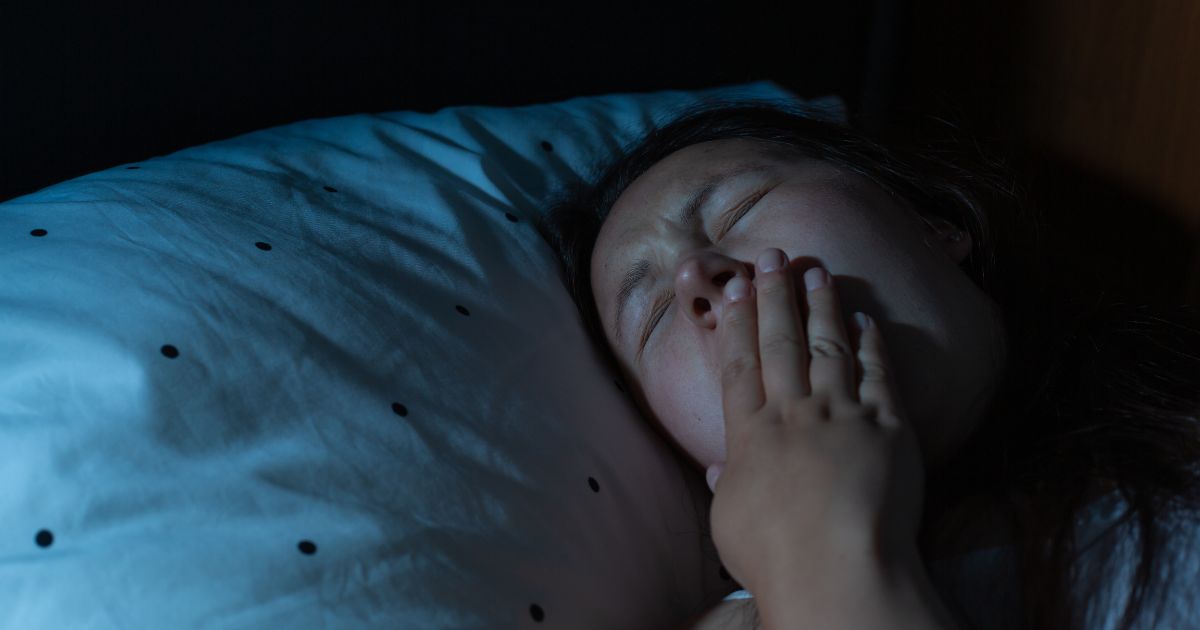Narcolepsy is a sleep disorder that often catches people by surprise, leading to daytime drowsiness, sudden sleep attacks, and even moments where emotions trigger temporary muscle weakness (known as cataplexy). While living with narcolepsy can be challenging, understanding the root of the disorder is key to managing it effectively. One of the most common questions surrounding this condition is: “Is narcolepsy genetic?”
In this post, we’ll answer this question and explore everything you need to know about the genetic links, symptoms, and treatments for narcolepsy.
What is Narcolepsy?
Before diving into whether narcolepsy is genetic, let’s clarify what it is. Narcolepsy is a neurological disorder that affects how your brain regulates sleep-wake cycles. Individuals with narcolepsy struggle with excessive daytime sleepiness (EDS) and may even fall asleep without warning during regular activities like driving, working, or eating.
There are two main types of narcolepsy:
- Narcolepsy Type 1 (NT1): Characterized by EDS and cataplexy, a sudden loss of muscle tone triggered by strong emotions like laughter or surprise.
- Narcolepsy Type 2 (NT2): Involves EDS but without cataplexy.
Now that we understand what narcolepsy is, let’s explore the question, “Is narcolepsy genetic?”
Is Narcolepsy Genetic?
The simple answer is, yes—narcolepsy can have a genetic component, but it’s a bit more complex than that. Genetics are just one piece of the puzzle. While some people may have a genetic predisposition to narcolepsy, the condition isn’t solely inherited. Let’s break down what scientists have discovered so far.

The Role of Genetics in Narcolepsy Type 1
For those diagnosed with Narcolepsy Type 1, the genetic connection is more established. Researchers have identified a gene variant known as HLA-DQB1*06:02, which appears in over 90% of people with Narcolepsy Type 1. This gene is part of the immune system’s regulation, suggesting that the body’s immune response could play a role in triggering narcolepsy.
However, having this genetic marker doesn’t guarantee that you’ll develop narcolepsy. Environmental factors—such as infections, autoimmune responses, or specific viral triggers—could activate the condition in someone who is genetically predisposed.
Another key factor related to genetics is the production of hypocretin (also called orexin), a neurotransmitter that helps regulate wakefulness. Many people with Narcolepsy Type 1 have significantly lower levels of hypocretin, which may be linked to both genetic and environmental influences.
Narcolepsy Type 2: The Genetic Link is Less Clear
When it comes to Narcolepsy Type 2, the genetic component is not as well understood. Unlike Type 1, individuals with Narcolepsy Type 2 often do not carry the HLA-DQB1*06:02 gene variant. Moreover, these individuals typically have normal hypocretin levels. While genes may still play a role in some cases, other factors—such as immune responses or external triggers—likely contribute more significantly to the development of Type 2 narcolepsy.
How Likely Are You to Inherit Narcolepsy?
Having a family member with narcolepsy does slightly increase your risk of developing the disorder, but it doesn’t make it inevitable. Studies suggest that if a close relative has narcolepsy, your chances of developing the disorder increase from the general population risk of 0.02-0.05% to about 1-2%.
This means that while genetics are involved, they aren’t the sole determinant. Narcolepsy is a complex genetic disorder, where multiple factors, including lifestyle and environmental triggers, likely come into play.
Can Narcolepsy Skip Generations?
Since narcolepsy is not caused by a single gene, it doesn’t follow a straightforward inheritance pattern. It can seem to “skip” generations or appear only in certain family members. This means you might inherit a genetic predisposition, but whether narcolepsy develops depends on other factors.

Environmental Triggers: More Than Just Genetics
While genetics play a role, environmental triggers may also influence the development of narcolepsy. Certain infections, such as strep throat or the H1N1 flu virus, have been linked to the onset of narcolepsy in genetically predisposed individuals. Additionally, some experts suspect narcolepsy could be an autoimmune condition, where the body’s immune system mistakenly attacks cells that produce hypocretin.
How is Narcolepsy Diagnosed?
If you’re wondering whether you or a loved one might have narcolepsy, seeking a medical diagnosis is essential. Diagnosis typically involves multiple tests that assess how your brain and body function during sleep.
Common Diagnostic Tools
- Polysomnogram (PSG): An overnight sleep study that monitors brain waves, oxygen levels, heart rate, and muscle activity while you sleep.
- Multiple Sleep Latency Test (MSLT): A daytime test that measures how quickly you fall asleep during scheduled naps and whether you enter REM sleep shortly after dozing off.
- Cerebrospinal Fluid (CSF) Test: This test measures hypocretin levels in cerebrospinal fluid, which is often used to diagnose Narcolepsy Type 1.
Early diagnosis can make a significant difference, allowing people with narcolepsy to start treatment that improves their quality of life.
Managing Narcolepsy
Although narcolepsy is a lifelong condition, its symptoms can be managed through a combination of medication and lifestyle adjustments.
- Medications: Stimulants like modafinil or armodafinil are often prescribed to help manage daytime sleepiness. Antidepressants may be used to reduce the frequency of cataplexy.
- Lifestyle Changes: Establishing consistent sleep routines, taking short naps during the day, and making dietary adjustments—such as avoiding caffeine or alcohol—can help improve symptoms.

Conclusion: Is Narcolepsy Genetic?
While narcolepsy has a genetic component, it’s not just about inheritance, environmental factors also play a role. If you’re concerned about narcolepsy, getting a proper diagnosis and support can make a big difference. At Jacksonville Sleep Center, we specialize in identifying and treating sleep disorders, helping you regain control of your life.
Find the Right Support with Jacksonville Sleep Center
If you’re experiencing excessive daytime sleepiness or other symptoms of narcolepsy, it’s essential to consult a specialist. Jacksonville Sleep Center provides expert care in diagnosing and treating sleep disorders like narcolepsy. Let our team help you regain control of your sleep and improve your quality of life. Schedule a consultation with us today to start your journey toward better sleep!






